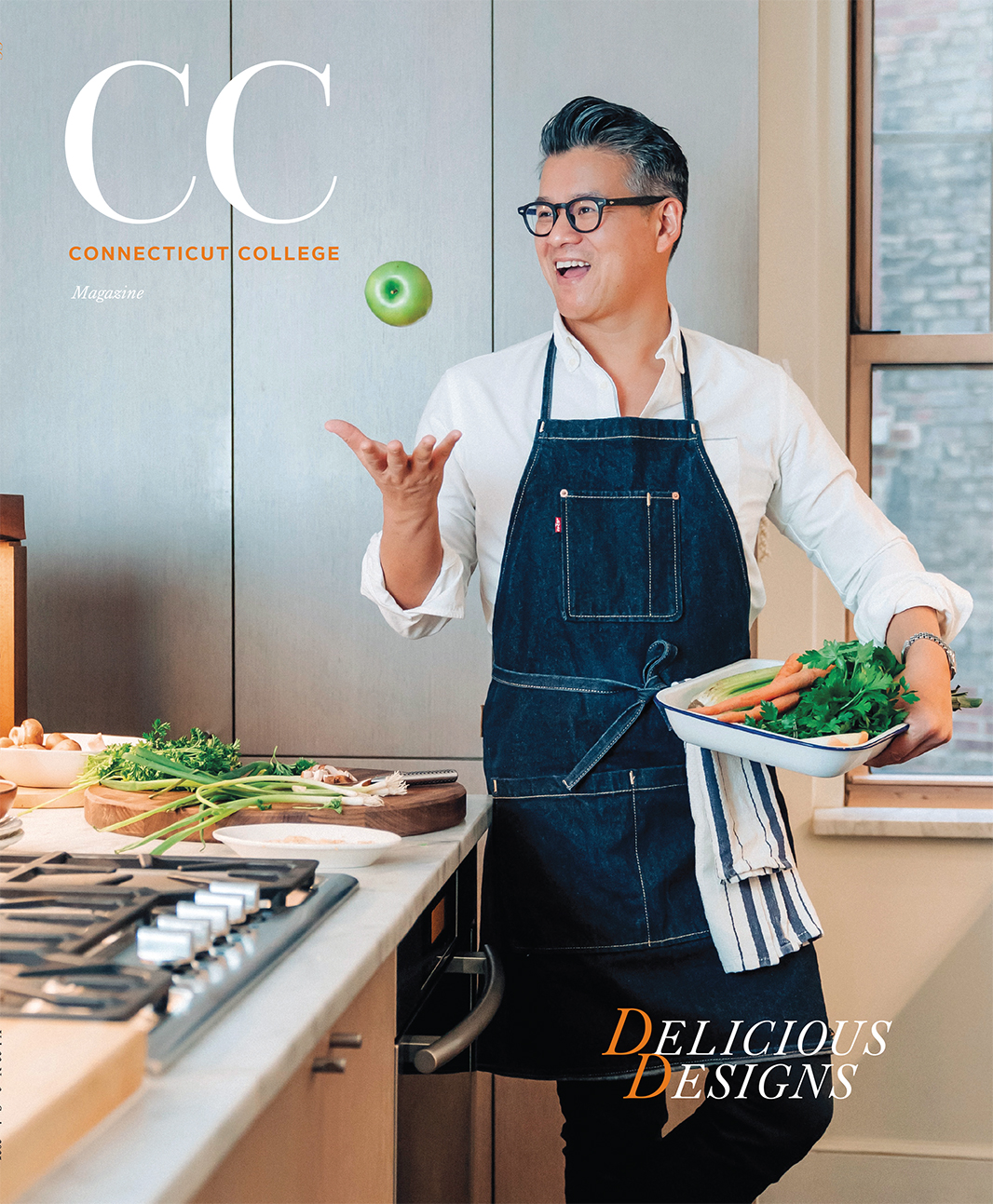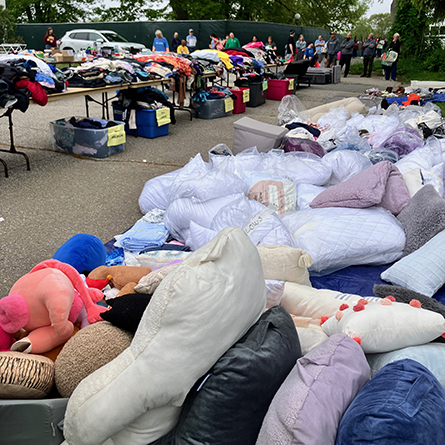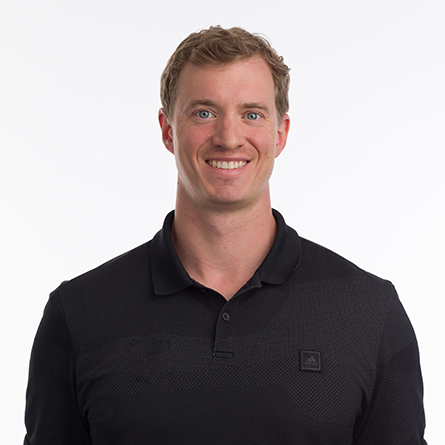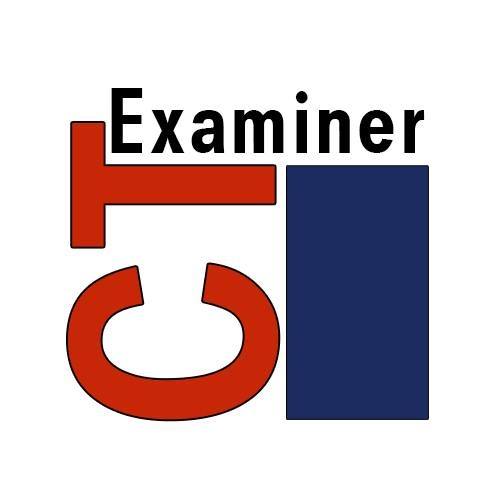

Conn collects 15,005 lbs of donations during annual Give ’N Go event

Kevin Steel named head coach of Women’s Swimming and Diving

Learfield Directors’ Cup: Conn finishes in top 20% of DIII athletics programs

Six awarded Gilman International Scholarships


